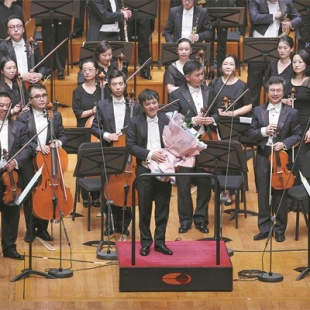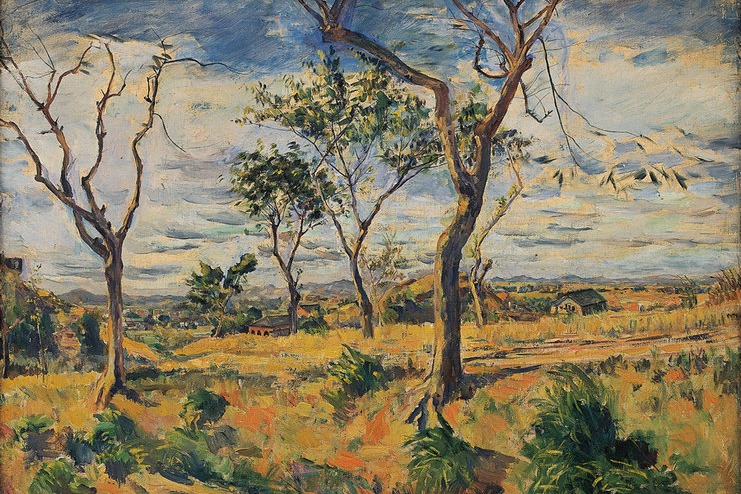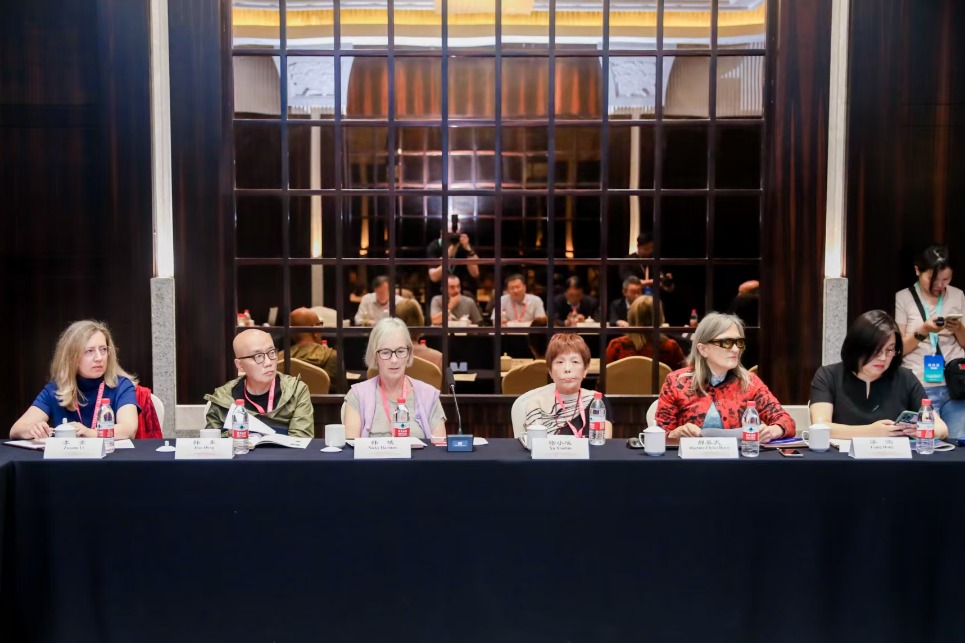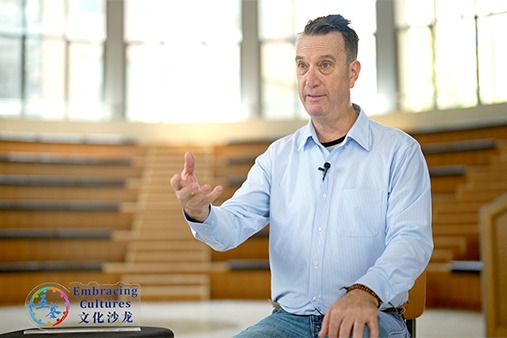Maestro orchestrates a ripple effect
Symphony's newly appointed artistic adviser to add lesser-known masterpieces to its repertoire, celebrating exchanges and delighting fans, Chen Nan reports.

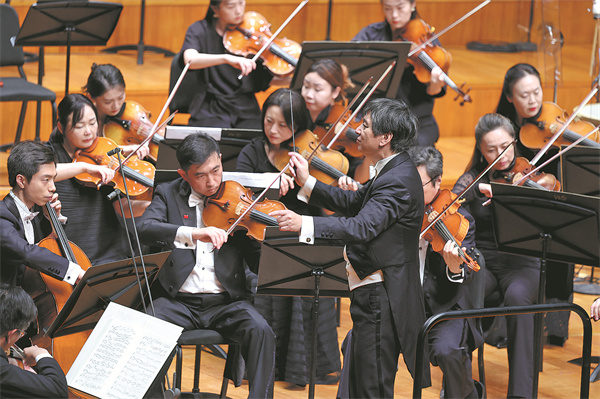
A year after maestro Shui Lan took up the baton as artistic adviser of the China National Symphony Orchestra, a quiet yet meaningful transformation has begun to ripple through its ranks.
On July 18, under Shui's direction, the orchestra brought its 2024-25 season to a close with a powerful performance at the National Centre for the Performing Arts in Beijing, featuring works by Wagner, Beethoven, and Brahms. On July 19, the musicians gathered again to unveil plans for the 2025-26 season, again under Shui's artistic leadership.
"What brings me the greatest satisfaction is conducting works that are rarely performed," says Shui, reflecting on his first year with the orchestra. "There are many extraordinary pieces that audiences seldom get to hear. We want to broaden the orchestra's repertoire, deliver performances at the highest artistic level, and bring these lesser-known masterpieces to life to offer audiences something fresh and unexpected."
Shui began his conducting career with the China National Symphony Orchestra in 1985. The orchestra was established in 1956 and has a long history of performing classic Chinese music, particularly patriotic pieces written during wartime, such as the Yellow River Cantata by Xian Xinghai.
Before he joined the China National Symphony Orchestra as artistic adviser last year, Shui held the position of chief conductor at the Copenhagen Phil from 2007-15 and was the music director of the Singapore Symphony Orchestra from 1997 until January 2019.
The China National Symphony Orchestra's upcoming season introduces a special series devoted to the music of three Nordic masters — Finland's Jean Sibelius, Denmark's Carl Nielsen, and Norwegian composer Edvard Grieg. Shui's connection to Nordic music runs deep, dating back to his first visit to the region in 2001, a time when its composers were enjoying renewed prominence in Europe and the United States.
Highlights of the series include Sibelius' Symphony No 5 in E-flat Major, Op 82, Nielsen's Violin Concerto, Op 33, and Grieg's Piano Concerto in A Minor, Op 16.
This year also marks the 50th anniversary of Russian composer Dmitri Shostakovich's death, and 2026 will commemorate the 120th anniversary of his birth — milestones that inspire a renewed focus on the legacy of one of the 20th century's most influential composers.


